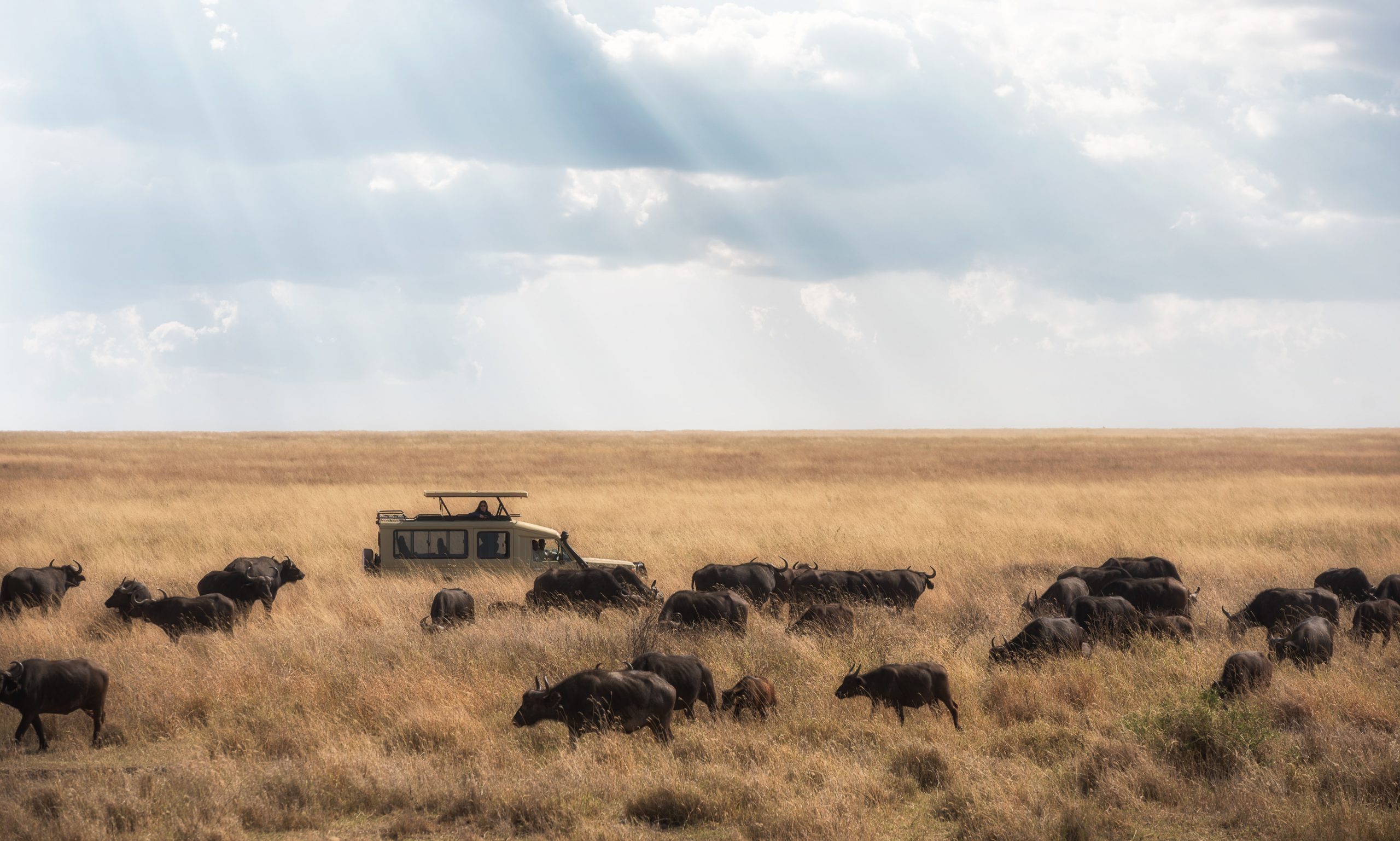
Access the magazine spread of this piece here
By Phoebe Campbell
At 93 years old, the British broadcaster and natural historian Sir David Attenborough has arguably seen more of the natural world than any other person. He has spent his life travelling every continent, documenting the vast array of species that nature has to offer. These experiences give him a unique understanding of the critical point we have reached in our relationship with the planet that nurtures us, and are why he so fervently appeals for change.
Humankind has made significant technological advancements and adaptations in the way we live, as both a way to survive, and to continually elevate our quality of life. These advancements have occurred with startling frequency since the Industrial Revolution, which marked the transition into the period now recognised by geologists as the Anthropocene. This epoch encompasses the beginning of significant human impact upon the natural world: from its geology and ecosystems to the stability of the climate. In his latest documentary, Sir David focuses on how nature fares in this modern epoch modified by man, bearing his emotional testament as a key witness to our changing, and warming, world.
Accordingly, Attenborough describes his 2020 documentary A Life on Our Planet as his “witness statement.” It is a statement that reflects on the life he has lived on this planet, and the evolutionary history of all life on Earth. Its goal is to offer a vision for a sustainable and harmonious future on the planet that has given us life, and the one that we are on the verge of destroying. Attenborough’s moving narration calls viewers to action: both the film’s website and Instagram account offer a deeper look into the documentary’s message and provide structured opportunities for the public to get involved, such as by hosting a screening, holding arts action workshops and running programs in schools. Attenborough’s move to social media is a first for him and focuses the force of his activism where it is most easily amplified. Though no longer active, the Instagram account is a nuanced reflection of the change for which Attenborough himself advocates: adaptation.
Adaptation in an ecological sense refers to behavioural or physical traits that give animals a survival advantage in their natural environment. These adaptations can be noted in every species that walks the earth, as they all share one commonality—a survival instinct so powerful that the species’ genetic make-upis fundamentally changed in order to adapt to the resources of the natural world. However, humanity often departs from this tendency. Instead, we adapt natural resources to accomplish our own goals, behaviour that permanently alters our environment. Sir David’s documentary seeks to bring unequivocal attention, and potential solutions, to a pressing question: how must our behaviours and technologies adapt to rectify the damage that we have caused?
Attenborough highlights five key actions to reverse the destruction caused by climate change. These actions aim to use the resources of the natural world in a way that is sustainable and sympathetic to our planet’s needs and limitations. The strategies, as outlined in his documentary, are to phase out the use of fossil fuels and power the world with solar, wind, water and geothermal renewable energy; to restore the ocean’s abundance by prohibiting fishing in certain regions; to modify our diet to one that is largely plant-oriented; to stop deforestation and allow forests to recover; and to replant native trees around the world. Attenborough’s guidance is simple and succinct, conveying with urgency a message that reflects both the severity of the situation and the positive impact of adapting our behaviour in ways that will benefit the planet.
Attenborough’s unrivalled knowledge and experience of the natural world makes his message uniquely powerful. As someone who has devoted his life to the study of the planet, he is also well aware that his time on it is dwindling. The enduring message of his most recent documentary, A Life on our Planet, and of those that preceded it—including Blue Planet, Planet Earth, and The Queen’s Green Planet—is his legacy. As his audience, and fellow humans, it is our duty to make his legacy our planet’s future.
@davidattenborough
Phoebe Campbell is a junior in Benjamin Franklin College. You can contact her at phoebe.campbell@yale.edu.